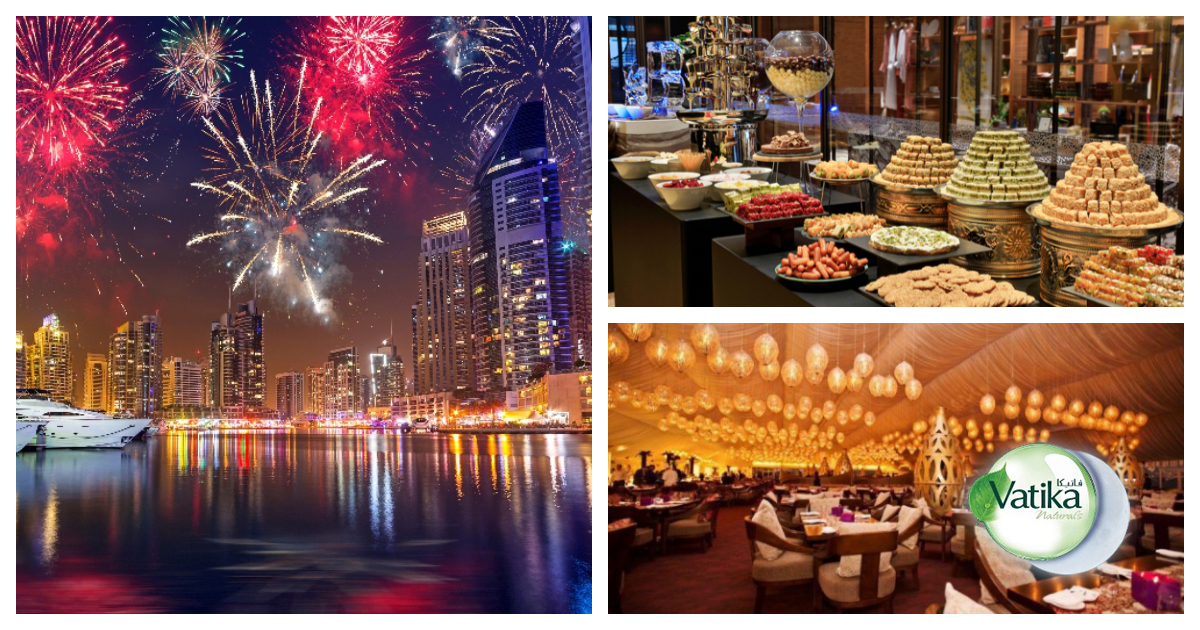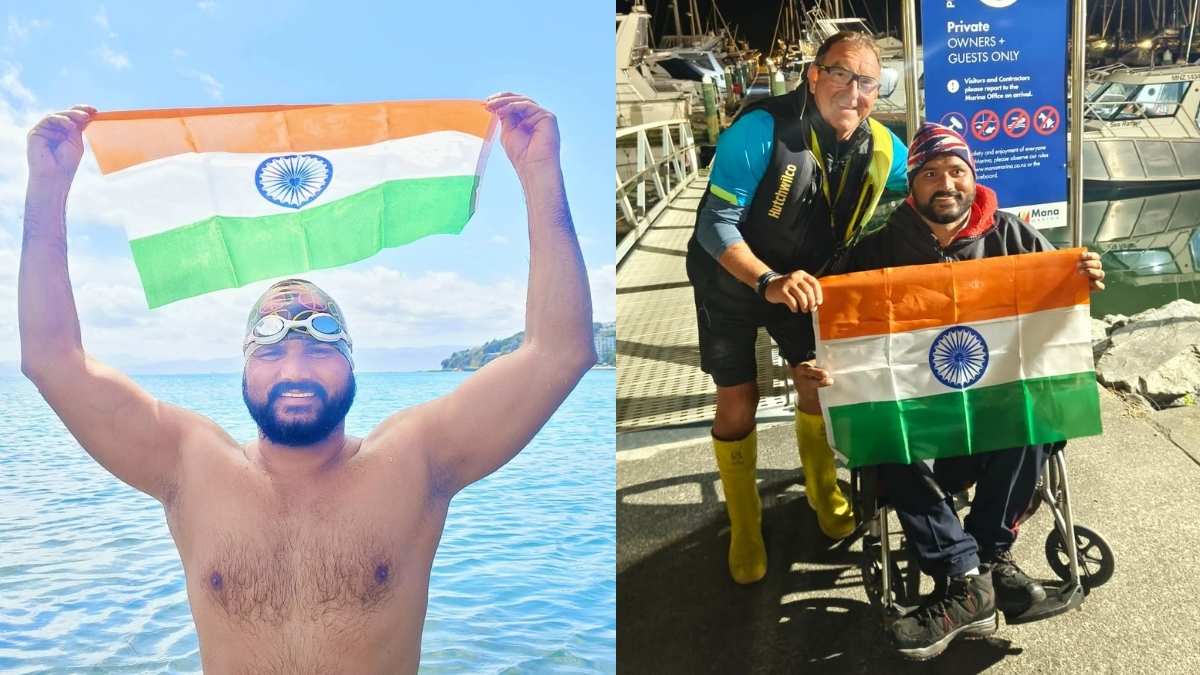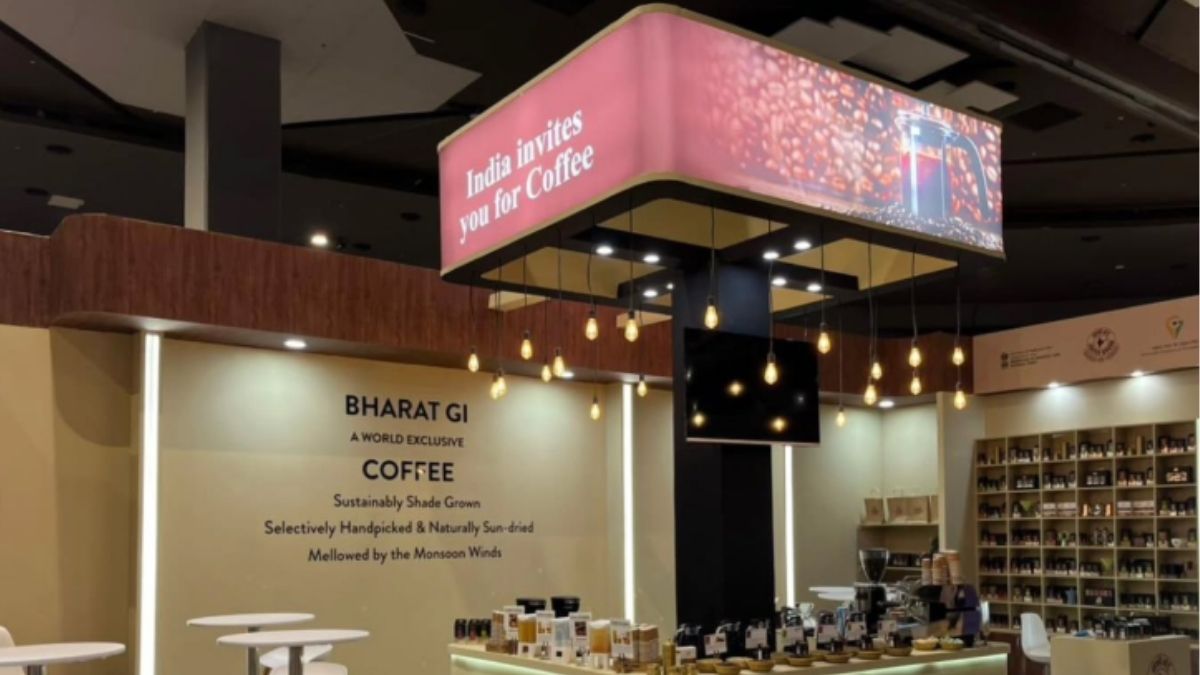Ramadan is the biggest festival in GCC. Residents and citizens celebrate the festival with pomp and galore every year. However, keeping the current situation in mind, a number of rules and regulations are in place to curb the spread of Covid. Well, that only means that Ramadan will be more mellow this year. Last year, Ramadan was celebrated with new work-from-home protocols. Besides, traditional gatherings at mosques, homes and Iftar tents in the UAE were suspended, to ensure the health and well-being of the public. However, we’re now a year into the pandemic and here’s what can you must expect from the holy month this year.
Will Mosques Be Open?
Last year, mosques in UAE were closed during Ramadan and reopened only in November. As of today, mosques in the UAE are currently open for all prayers including those held on Friday. However, there is a limit on the capacity, and worshippers must wear their masks at all times, bring their own prayer mat and Quran, and follow socially distancing.
This year, authorities stated that the mosques would be closed after prayer time. Besides, women’s prayer areas, service and health facilities will also remain closed. As for the Tarawih prayers, it will be held keeping the Covid-19 guidelines in mind. Prayers must be limited to no more than 30 minutes. Additionally, no iftar meals will be allowed in the mosques.
Dubai Cancels Permissions For Ramadan Tents
With the pandemic still in place, people are expected to break their fasts at home, rather than with extended family or friends. The Islamic Affairs and Charitable Activities Department (IACAD) has announced that all Ramadan tent permits in Dubai will be cancelled this year.
Before the pandemic struck us, mosques across the UAE hosted larger gatherings throughout Ramadan with people coming together to break the fast and share iftar. However, amid the pandemic, the permissions for tents and gatherings were cancelled in 2020, and the same ban will apply for Ramadan this year as well.
A report in the Gulf News states that the IACAD will not be issuing permits for Ramadan tents outside mosques, homes and public places during Ramadan 2021. The order is issued by the authorities to limit the spread of the Covid-19 virus and preventing large gatherings.
The authorities have also adviced citizens to avoid public gatherings during Ramadan. It further advises limiting family visits and avoid distributing and exchanging meals between homes and families. Besides this, iftar tents in public are banned this year.
Public Gatherings For Iftar And Suhour Forbidden In The UAE
The authorities advise citizens to avoid public gatherings during Ramadan. It further advises limiting family visits and avoid distributing and exchanging meals between homes and families. Besides this, iftar tents in public are banned this year.
One cannot distribute iftar meals in front of homes and mosques, and those who wish to do so must go through charitable organizations. For donations and charity- they must be made online and not in person. Restaurants cannot distribute iftar meals for those fasting inside or in front of the restaurants. Gatherings for iftar and suhoor are limited to members in the same household. The National Emergency Crisis and Disaster Management Authority (NCEMA) are also urging people to use social media and digital platforms to communicate.
Sharjah Bans Advertising Iftar Meals, Distributing Meals To The Needy
As per the new updates, family or institutional Iftar tents are prohibited this year. Public gathering for Iftar banquets, offering or distributing of Iftar meals in front of restaurants, homes, mosques or any other gathering points is also banned, keeping the current situation in mind. Additional, the authorities have also announced that advertising announcing Iftar special offers will not be allowed. And the distribution of meals to needy people through charitable organisations will also be limited in the emirate.
List Of All The New Covid-19 Precautions In Place
Dubai’s Supreme Committee of Crisis and Disaster Management announced the extension of COVID-19 precautionary measures until the start of Ramadan. This means that all the intensified safety measures put in place recently will hold effective until mid-April.
1. Indoor seating venues, cinemas and other entertainment venues will operate at 50% capacity.
2. Shopping malls, hotels, swimming pools, and private beaches will operate at 70% capacity.
3. Restaurants and cafes will close by 4:00 am.
4. Pubs/bars will remain closed.
5. Tough penalties will be imposed on those who violate the rules.
What Will Be Unaffected By The Pandemic?
While UAE has a huge list of rules to be followed during Ramadan, Charity is one thing that will stand unaffected. Muslims can continue practicing charity and help their communities in whatever way possible. In fact, charity will be one of the most important things this year, keeping in mind the number of people who have been affected by the outbreak.
In line with this, Vatika and Curly Tales have teamed up to take small steps to bring in a big change. The Ramadan campaign aims to help women nurture their mind, body and dreams. To facilitate this, Vatika is offering a range of benefits that will help women better their lives. Women can benefit from certified courses in beauty, skin and haircare, and personality development, get funding for small scale business ideas or seek expert guidance to take care of their physiological and psychological wellbeing.
The campaign will pick six winners, at the end of Ramadan who can better their lives with Vatika’s mind, body and dream benefits. So, if you are a women or know of other women who wish to better their lives, tell us your story and benefit from Vatika’s new initiative.
Vatika has always been a trusted companion to young Arab women by nourishing their hair. Now, Vatika will be a torchbearer for women to actualize their real beauty by providing a platform that nourishes their aspirations of mind, body and dream.
Legal Action To Be Taken Against The Violators
The authority also requests the public to cooperate and follow all the guidelines. For people, who tend to break the rules, legal charges will be pressed against them.
The NCEMA ended the series of tweets stating, ‘We affirm that all measures announced in the current national protocol are subject to modification based on the global and local health situation.’
First Published: April 15, 2021 8:00 AM






